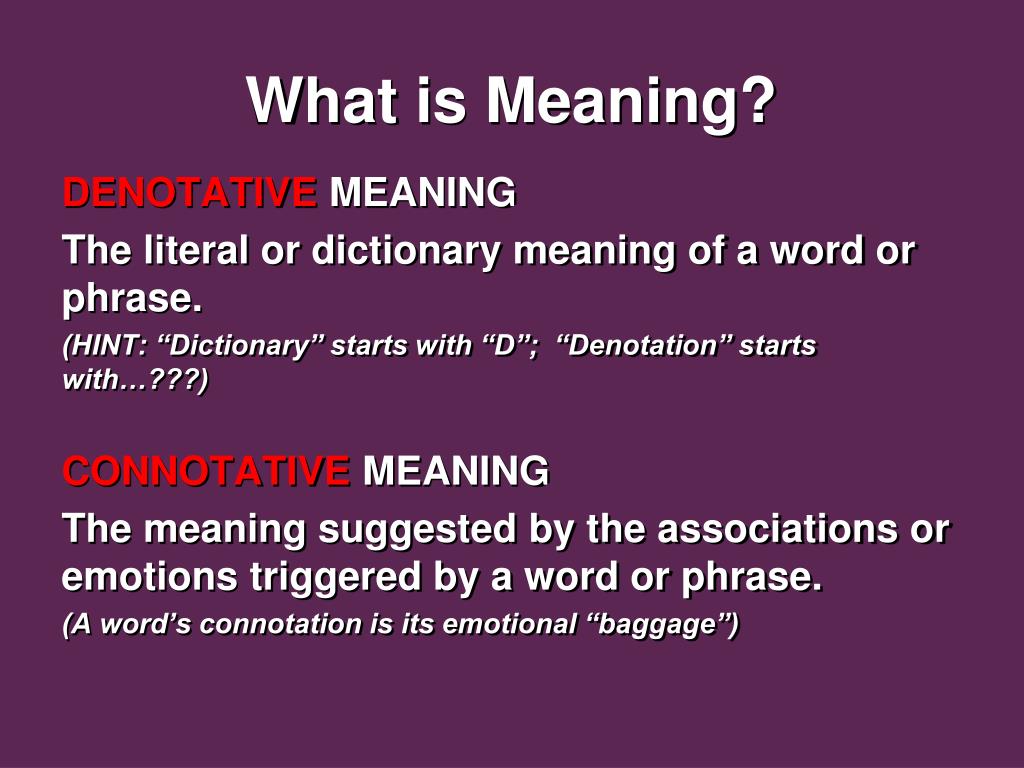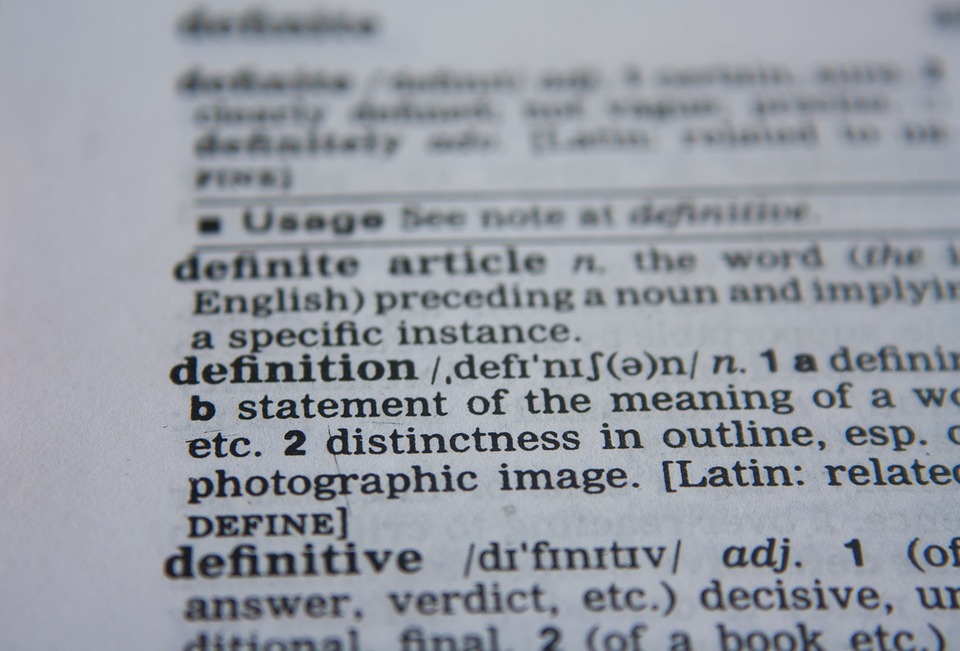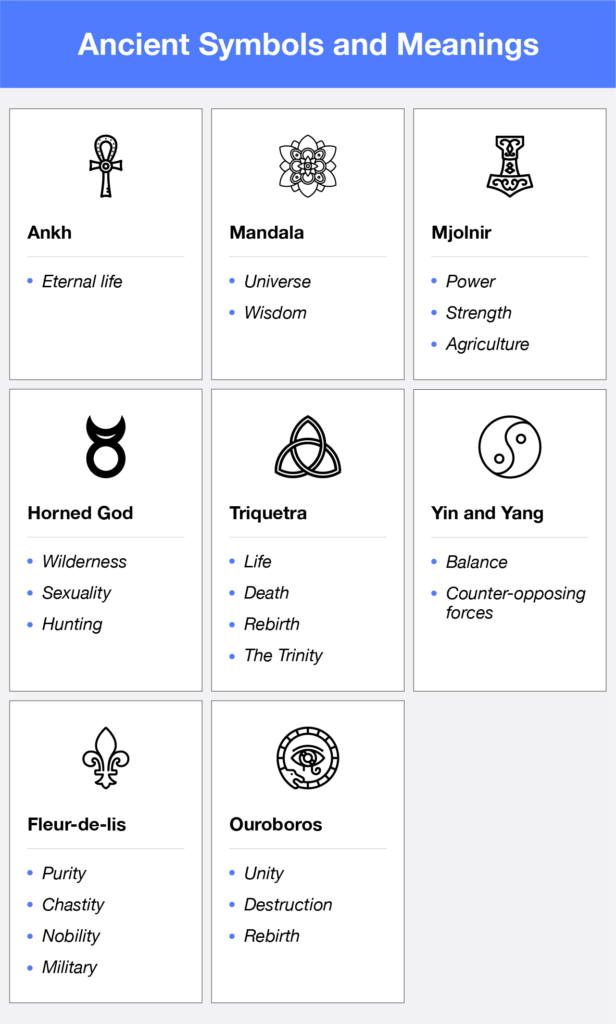Understanding The Meaning Of Justified: A Clear Look
Have you ever stopped to truly think about what it means when something is described as "justified"? It's a word we use quite a bit, yet its full weight and various shades of significance can sometimes feel a little fuzzy. As of , understanding this concept is still very much a key part of clear communication, whether you're talking about a big decision or just a simple action.
The core idea behind "justified" often points to something having a really good reason, a solid foundation, or perhaps even a right and fair basis. It's about more than just saying something happened; it's about saying it happened for reasons that make sense, that stand up to scrutiny. You might find yourself wondering, is that decision truly reasonable and acceptable?
So, what does it truly mean to say something is "justified"? How do we use this word in everyday talk, and what are the different ways it can be understood? We're going to explore this common but sometimes a bit complex term, looking at its various definitions and how it shows up in our language. It's a word that, in some respects, carries a lot of weight.
Table of Contents
- What "Justified" Means at Its Core
- How We Use the Word "Justified"
- The Many Facets of "Justified"
- Examples in Everyday Talk
- How Dictionaries Help Us Understand
- Frequently Asked Questions About Justified
What "Justified" Means At Its Core
At its heart, the meaning of justified is having or shown to have a just, right, or reasonable basis. This definition really gets to the core of what the word implies. It suggests that there's a good reason behind something, that it's not just random or arbitrary. Think about it: if something is justified, it usually means there's a solid explanation, a kind of logical backing for it.
Another way to put it, perhaps a little more simply, is having a good reason for something. This interpretation is very straightforward, isn't it? It cuts right to the chase, making it clear that the presence of a valid reason is key. So, when someone asks if an action was justified, they're basically asking if there was a good reason for it to happen, or if it was, you know, a bit out of the blue.
The idea of having been shown to be just or right also plays a big part. This suggests that the "justification" isn't just an internal feeling, but something that can be demonstrated or proven to others. It’s not enough for you to feel something is right; it has to be possible to show others why it is right. This makes the concept a bit more objective, arguably.
For something to be justified, it must exist or be done for a good reason. This perspective highlights the purpose or motive behind an action or a state of being. It's about the underlying cause, the rationale that supports whatever is being discussed. That is, there's a clear and understandable purpose behind it, which is rather important.
How We Use the Word "Justified"
When we talk about how to use justified in a sentence, we're really talking about its practical application in our language. It’s not just a definition; it’s about how this definition plays out in real-world communication. For instance, you might see examples of justified used in a sentence that show how it applies to various situations, giving us a clearer picture of its usage.
Decisions, Actions, and Ideas
If you describe a decision, action, or idea as justified, you think it is reasonable and acceptable. This is a very common way we apply the word. It means that, in your view, the choice made, the step taken, or the thought put forward has a sensible basis. It's something that can be agreed upon as proper or fitting, perhaps.
Consider the example: In my opinion, the decision was wholly justified. This sentence shows how the word can be used to express strong agreement with something, suggesting it was not just a little bit right, but completely so. The addition of "wholly" really emphasizes the completeness of the justification, implying there was absolutely no doubt about its rightness, which is quite powerful.
The government feels justified in using military force to protect its own citizens, is another example that illustrates this point. Here, the feeling of being justified is tied to a significant action taken for a specific, weighty purpose. It’s about the conviction that their reasons are strong enough to warrant such a serious step, you know, for the greater good.
Do you think I'm justified in refusing? This personal question shows how the concept applies to individual choices and moral considerations. It asks whether the person's reasons for refusing are sound and acceptable, even to others. It’s about seeking validation for a personal stance, which is a bit different from a government action.
Demonstrating and Proving
Beyond simply being reasonable, "justified" can also mean to demonstrate or prove to be just, right, or valid. This brings in the active sense of the word, where someone or something is actively showing the reasons for a particular action or claim. It’s about presenting evidence or arguments that support the validity of something.
For example, someone might have justified each budgetary expense as necessary. In this case, the person didn't just spend money; they provided clear reasons and explanations for why each item was needed. They showed proof, in a way, that the expenses were not frivolous but truly essential. This really highlights the accountability aspect, doesn't it?
The Many Facets of "Justified"
It's interesting to note that there are four meanings listed in OED's entry for the word justified. This tells us that "justified" is not a one-dimensional word; it has various shades of meaning depending on the context. To really get a handle on it, you need to see its 'meaning & use' for definitions, usage, and quotation evidence. This comprehensive approach helps us appreciate its full range.
When you check meanings, examples, usage tips, pronunciation, domains, and related words, you get a really full picture. It's not just about what the word means in isolation, but how it connects to other words and ideas, and how it sounds when spoken. This comprehensive view helps to, you know, cement your understanding.
Sometimes, it's very difficult to draw a clear distinction between similar concepts. This is true for many words, and "justified" is no exception. Understanding its nuances often requires looking at how it's used in different situations and comparing it to other words that seem similar but carry slightly different implications. It’s about appreciating the subtle differences, which can be quite fascinating.
Examples in Everyday Talk
To truly grasp the word, it helps to see it in action. For instance, we discover expressions like justified homicide. This is a very specific and serious example, highlighting how "justified" can be applied even in extreme circumstances, implying that certain acts, though grave, can be deemed acceptable under particular conditions. It’s a powerful application of the word, to be honest.
The phrase "justified in doing something" is also quite common. It asks whether there is a good enough reason for an action. For example, if you say, "Do you think I'm justified in refusing?", you are seeking an opinion on the validity of your reasons for not doing something. It’s about seeking a kind of moral or logical backing for your choice, which is pretty common.
How Dictionaries Help Us Understand
Our understanding of words like "justified" comes a lot from reliable sources. A factsheet on what does the word justified mean often pulls from these authoritative places. For example, the definition of justified adjective in Oxford Advanced Learner's Dictionary provides meaning, pronunciation, picture, and example sentences, giving a full context for the word.
Finding definitions for over 300,000 words from the most authoritative English dictionary is a tremendous resource. These sources are continuously updated with new words and meanings, ensuring that our understanding of language stays current. This is very important, as language is always changing, isn't it?
The world’s leading online dictionary, for instance, provides English definitions, synonyms, word origins, example sentences, word games, and more. It's a trusted authority for 25+ years! Such resources are incredibly helpful for anyone trying to get a deeper sense of a word, like "justified." They really help you, you know, dig into the details.
The meaning of a word, expression, or gesture is the thing or idea that it refers to or represents and which can be explained using other words. This is a fundamental concept for all language. When we look up "justified," we are seeking the idea that is represented by a word, phrase, etc. It’s about grasping the core concept someone wants to express by using words, signs, etc.
Look up the meanings of words, abbreviations, phrases, and idioms in our free English dictionary. This kind of resource helps us uncover the secrets of punctuation marks and their powerful role in writing, and learn the meanings and uses of various punctuation marks, from periods to commas, enhancing your ability to communicate clearly. Our online dictionary is the best source for definitions and origins of words, meanings of concepts, example sentences, synonyms and antonyms, grammar tips, and more.
Sometimes, the meaning of a sentence often depends on stress and intonation. This is a subtle point, but it reminds us that even with a clear definition of "justified," how it's said can change its impact. The literal meaning of 'television' is 'seeing from a distance,' which shows how words are built from simpler ideas. Similarly, "justified" is built on the idea of "justice" or "rightness," which is, you know, pretty foundational.
You can read our collection of word stories detailing the etymology and semantic development of a wide range of words, including ‘dungarees’, ‘codswallop’, and ‘witch’. Access our word lists and more to truly appreciate how words evolve and how their meanings come to be. This helps us see the full journey of a word, even one like "justified," through time.
Frequently Asked Questions About Justified
People often have questions about "justified," seeking to clarify its usage and implications. Here are a few common inquiries:
Is there a good reason for something to be justified?
Yes, absolutely. For something to be considered justified, it inherently means there's a good reason or a reasonable basis behind it. The very definition points to the presence of a sound explanation or a just cause. It's about having a valid foundation for an action or a belief, which is, you know, what makes it stand up to scrutiny.
Can a decision be wholly justified?
Indeed, a decision can be wholly justified. This means that, in someone's opinion, the decision was completely reasonable and acceptable, leaving no room for doubt or disagreement about its correctness. It implies that every aspect of the decision had a strong, defensible reason behind it, making it entirely valid, which is quite a strong statement.
What's the difference between justified and right?
"Justified" often implies that something is right because there are specific, demonstrable reasons or a logical basis for it. While "right" can simply mean correct or morally good, "justified" adds the layer of having been shown or proven to be right through reasoning or evidence. So, something can be right, but its "justification" explains *why* it's right, which is a key distinction, really.
Understanding the meaning of justified helps us make sense of arguments, decisions, and even our own actions. It encourages us to look for the underlying reasons and to consider whether those reasons truly hold up. It's about clarity and accountability in how we use language and how we perceive the world around us. Learn more about language and its intricacies on our site, and link to this page for more word definitions.

PPT - What is Meaning? PowerPoint Presentation, free download - ID:2280194

Difference Between Definition and Meaning | Definition, Categories and

43 Symbols and Meanings in Graphic Design - The Noun Project Blog